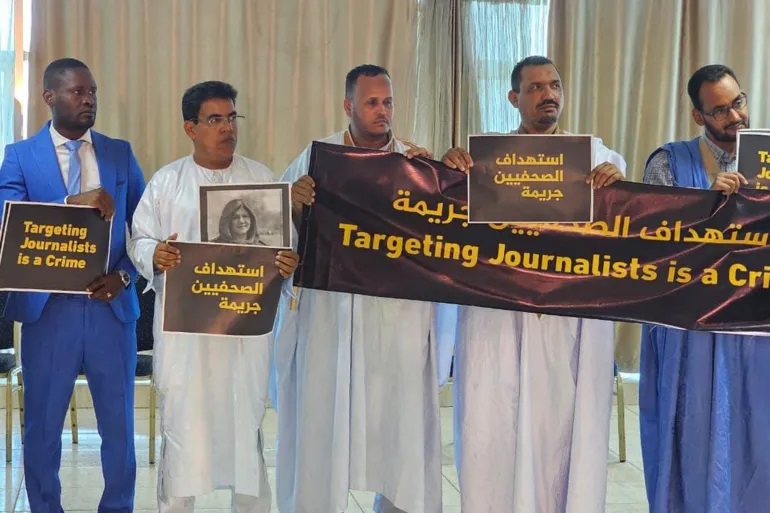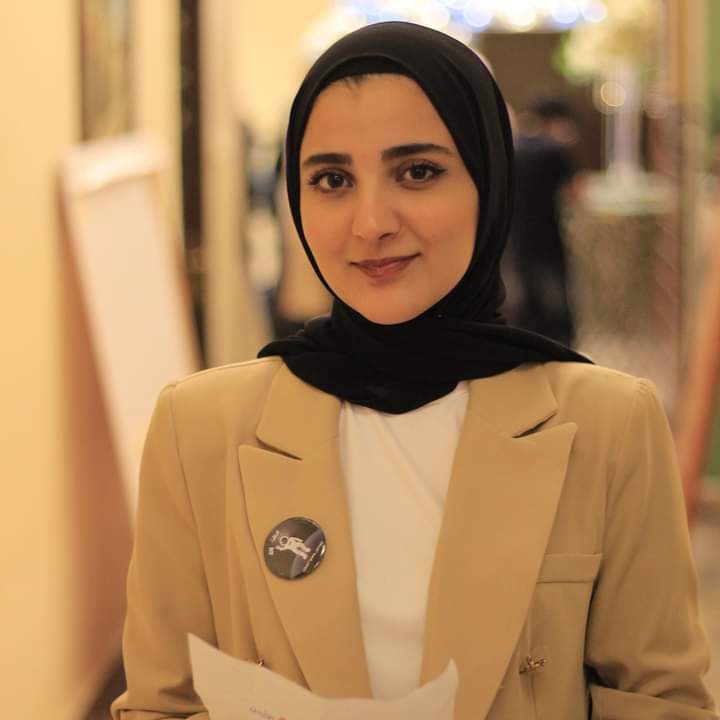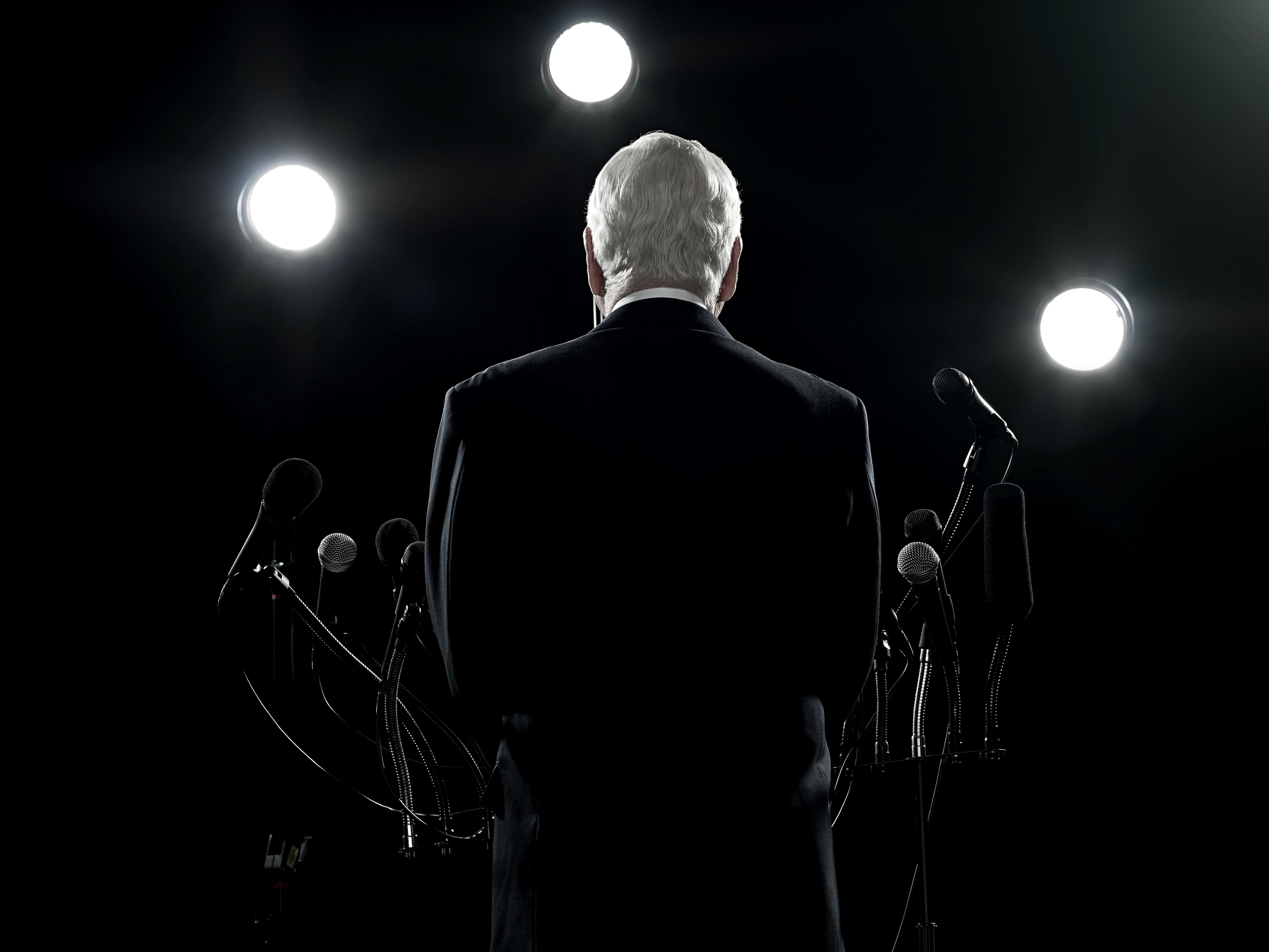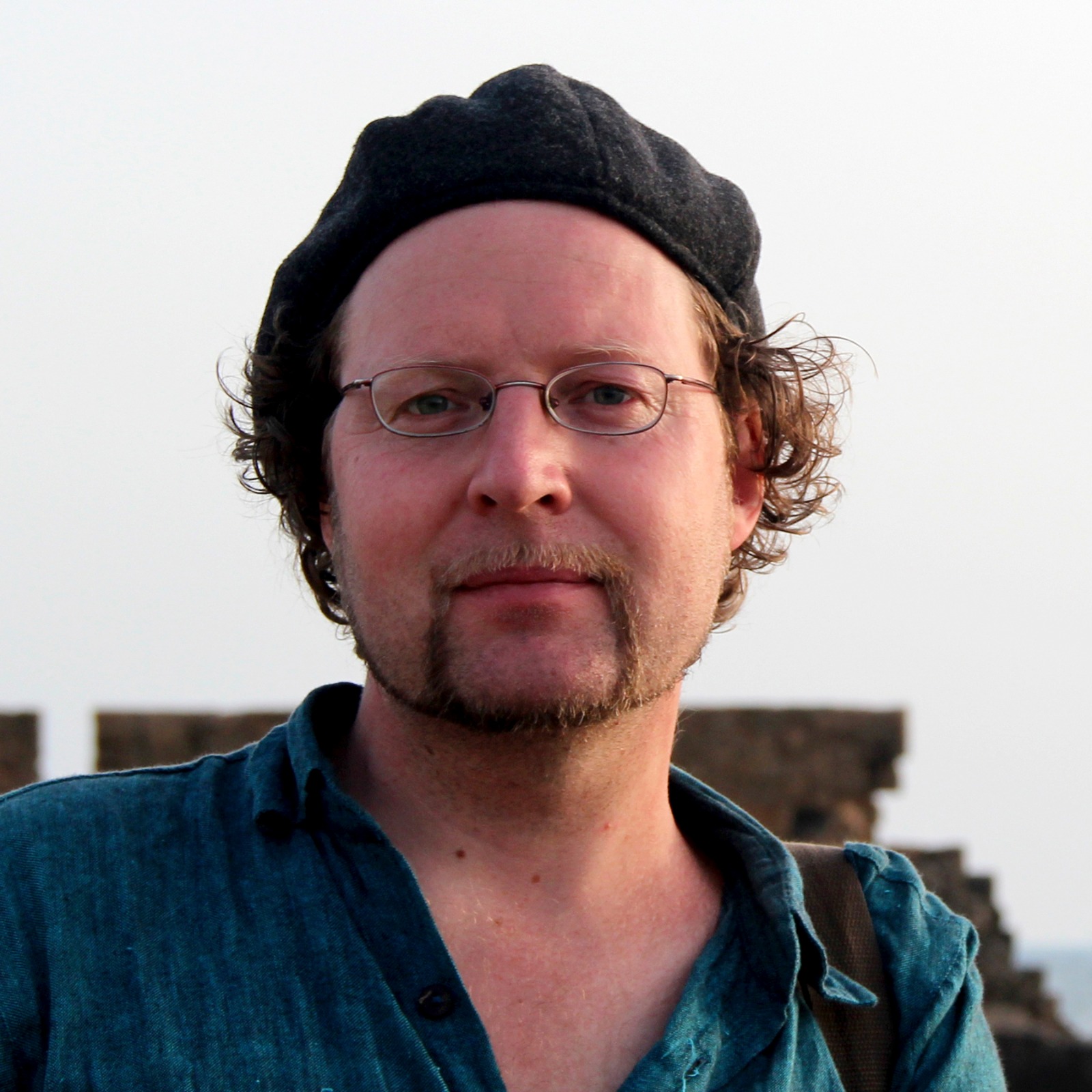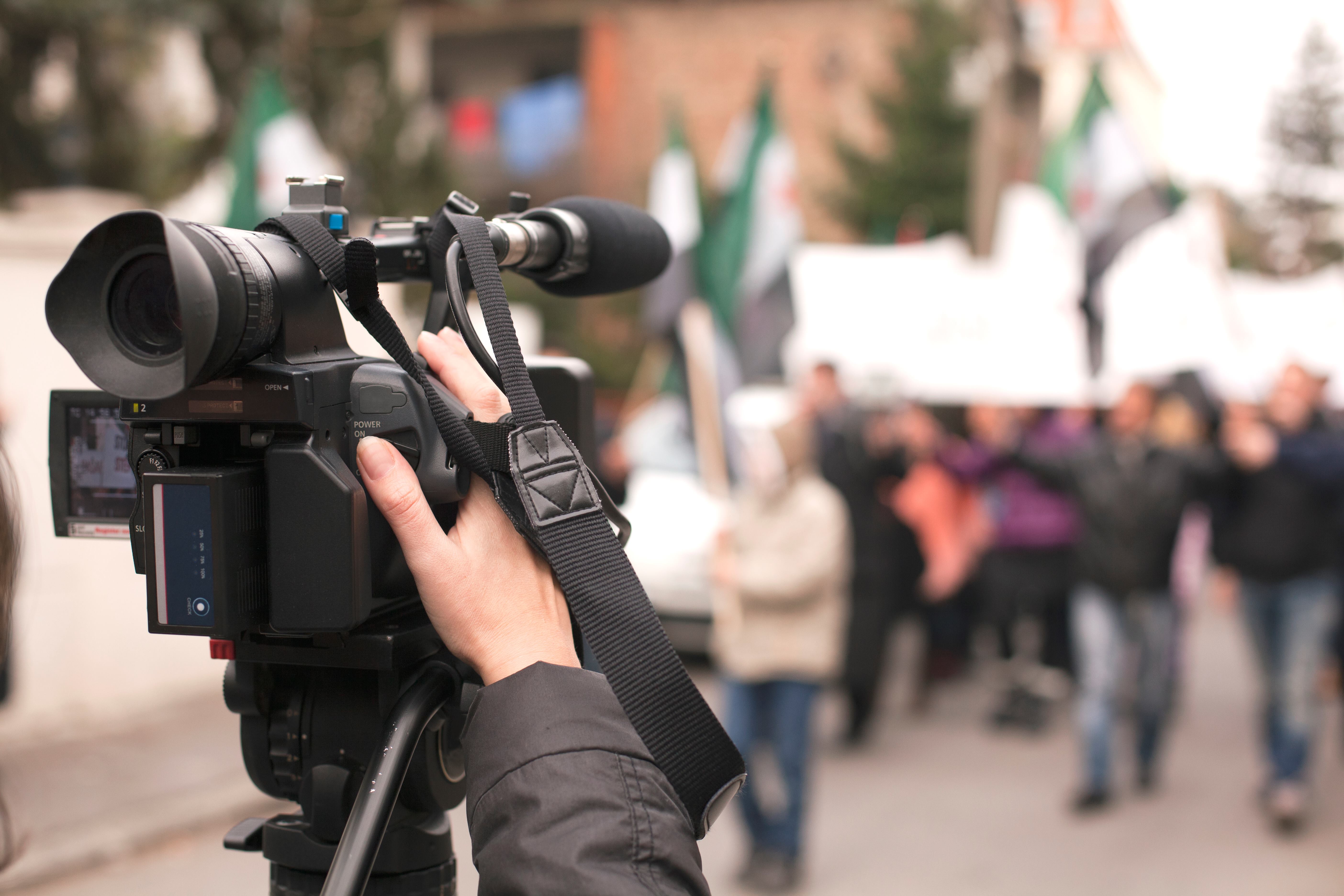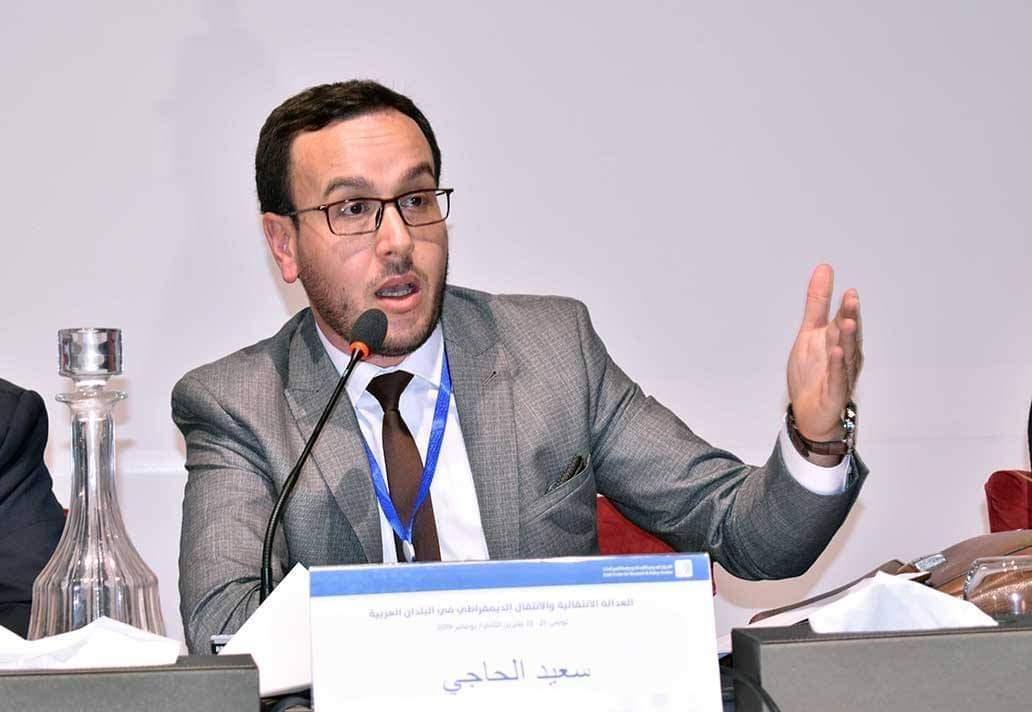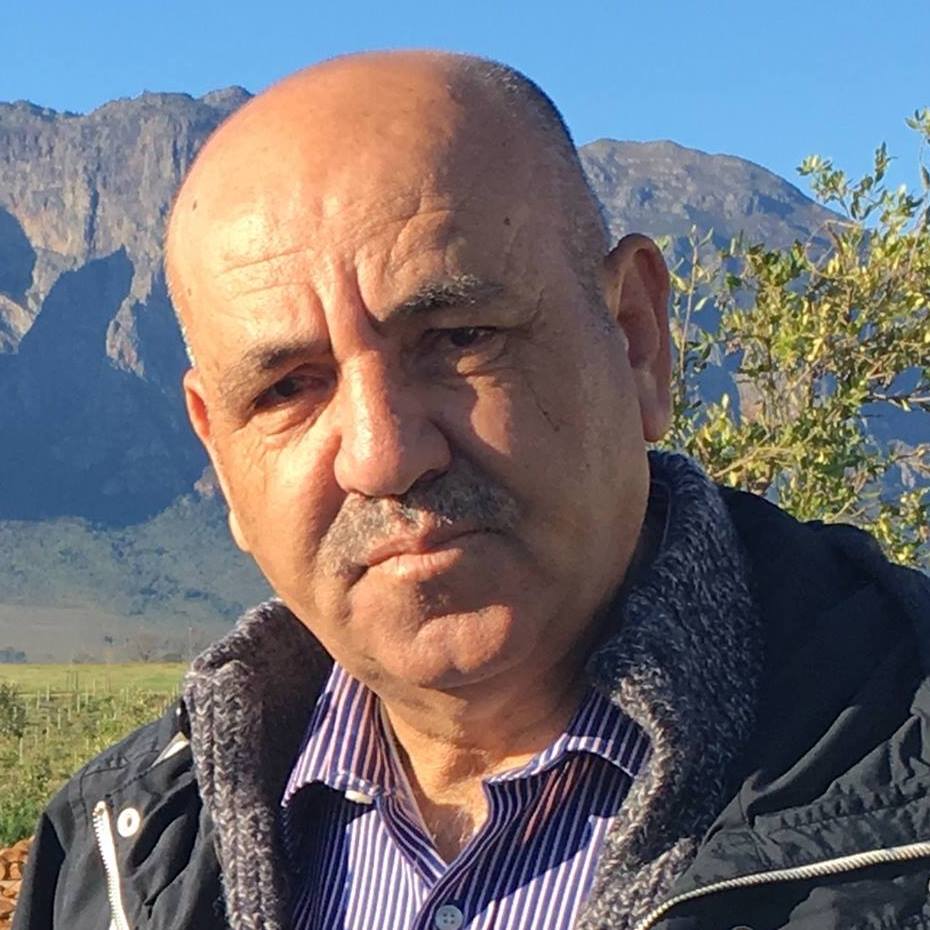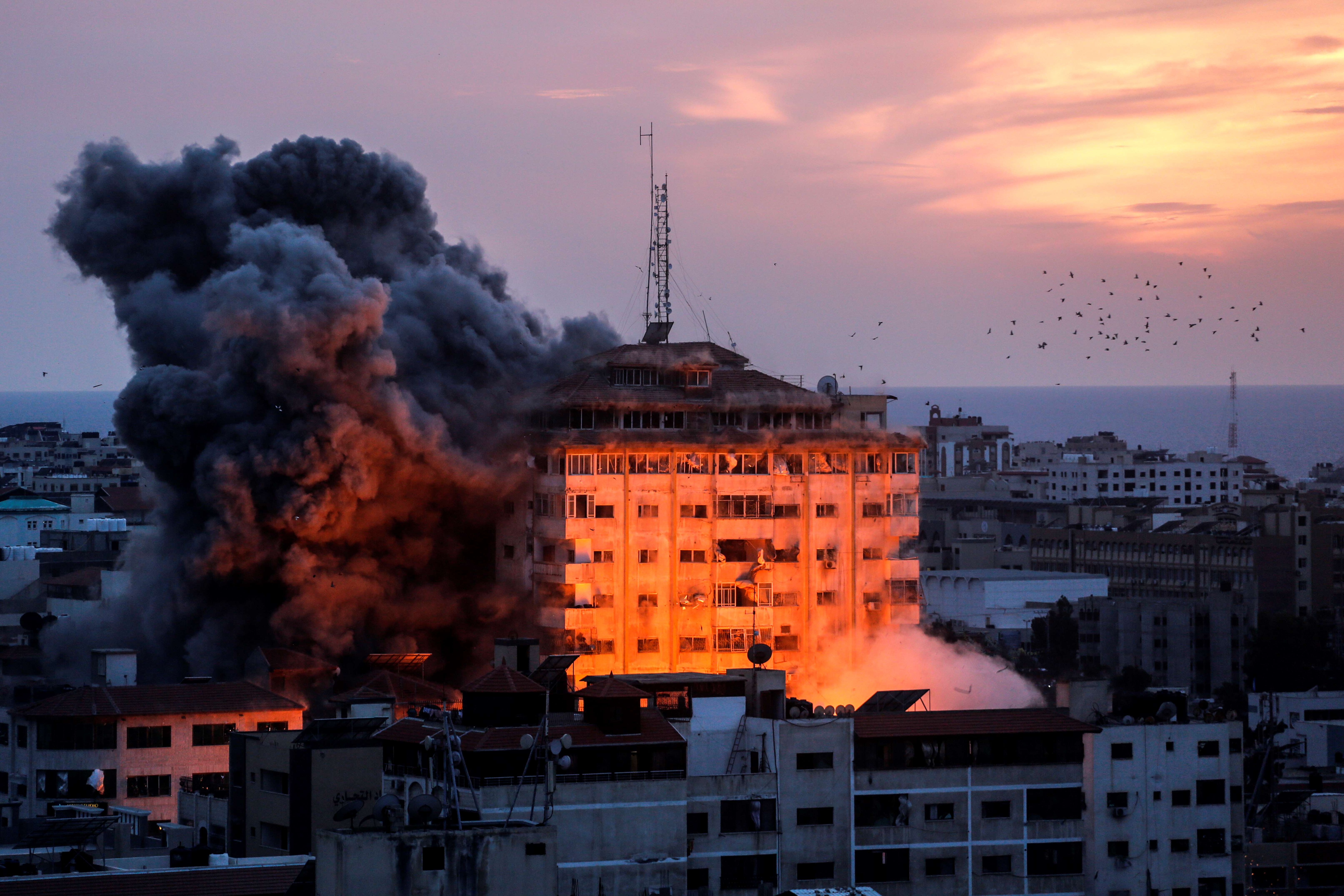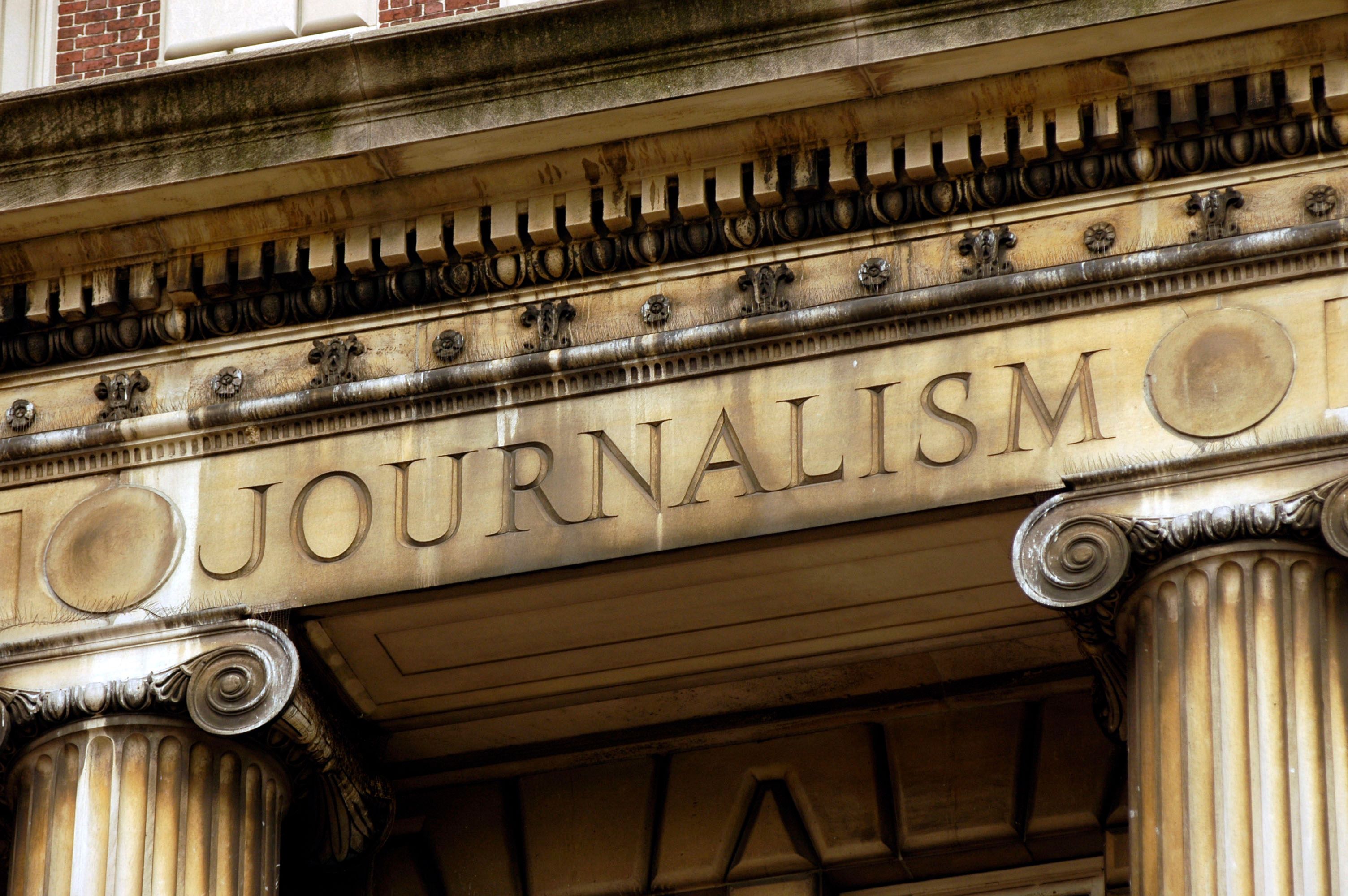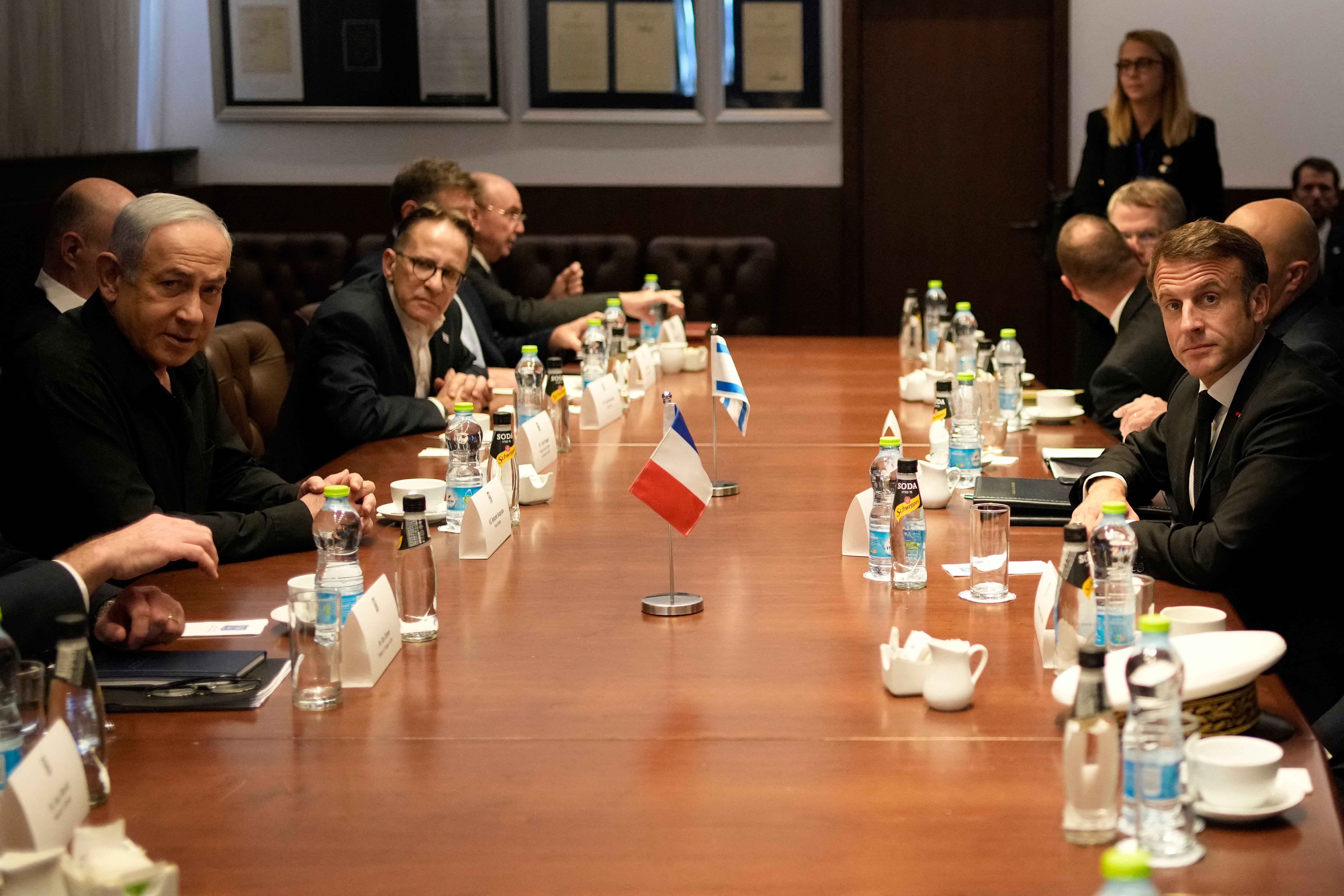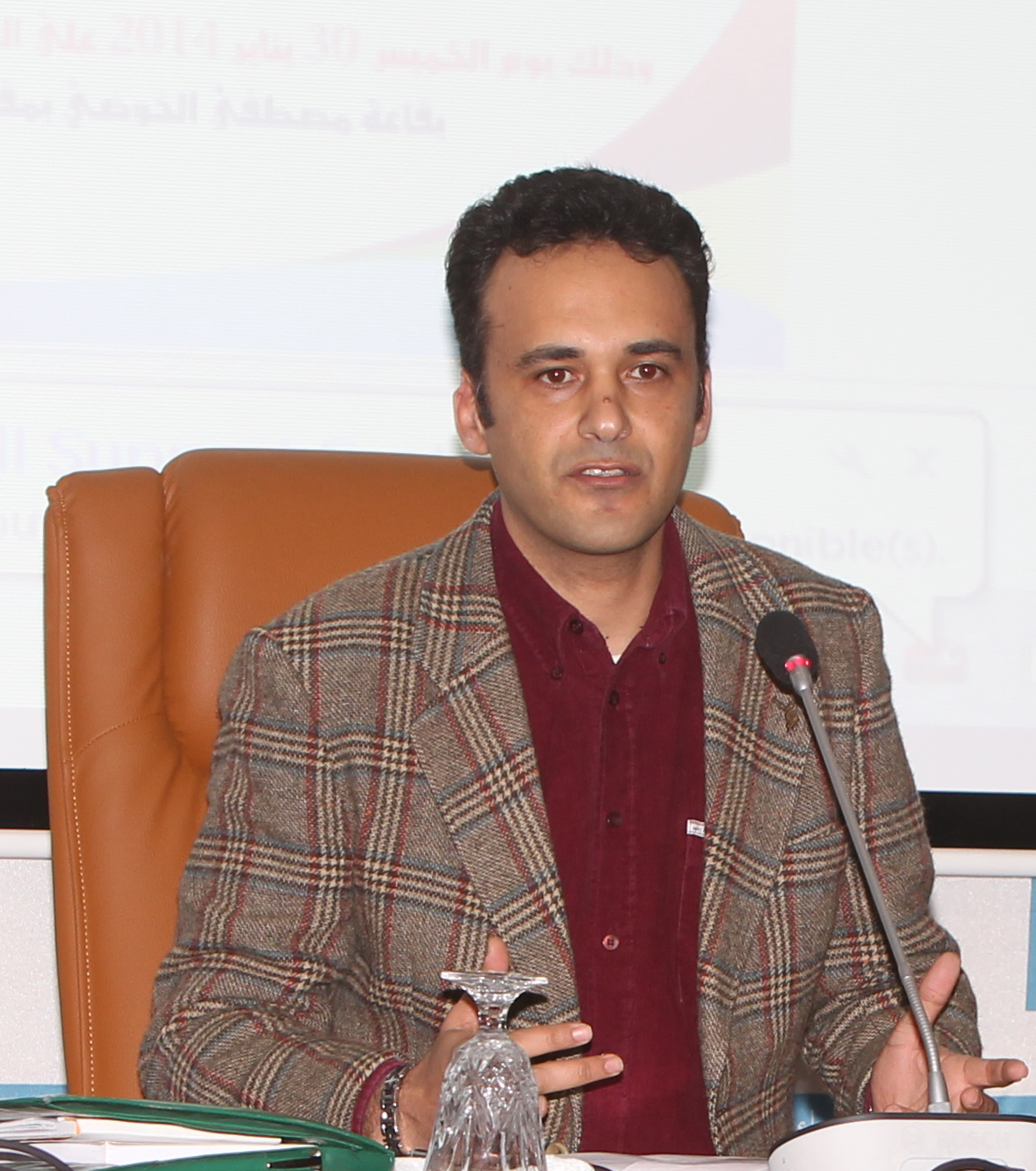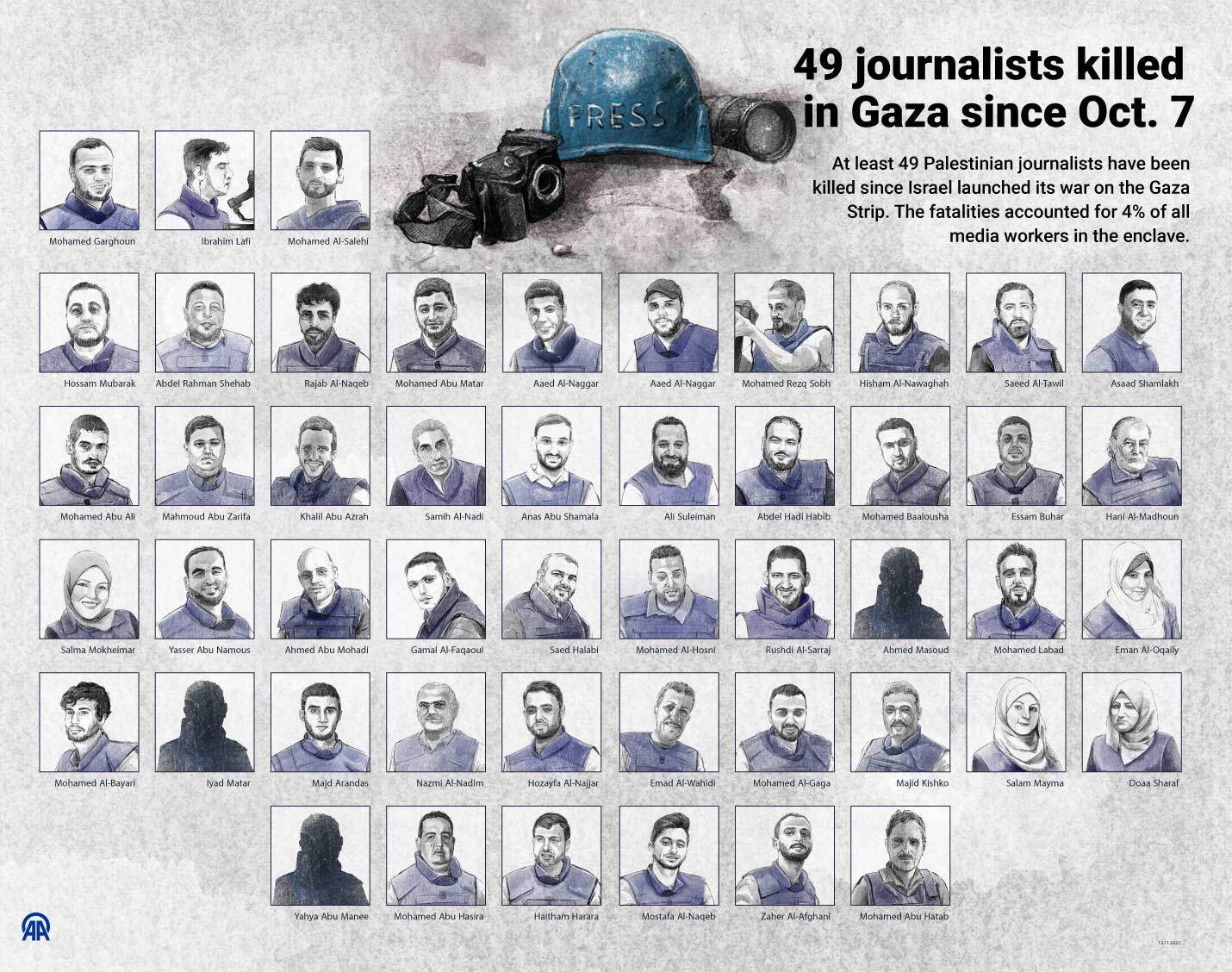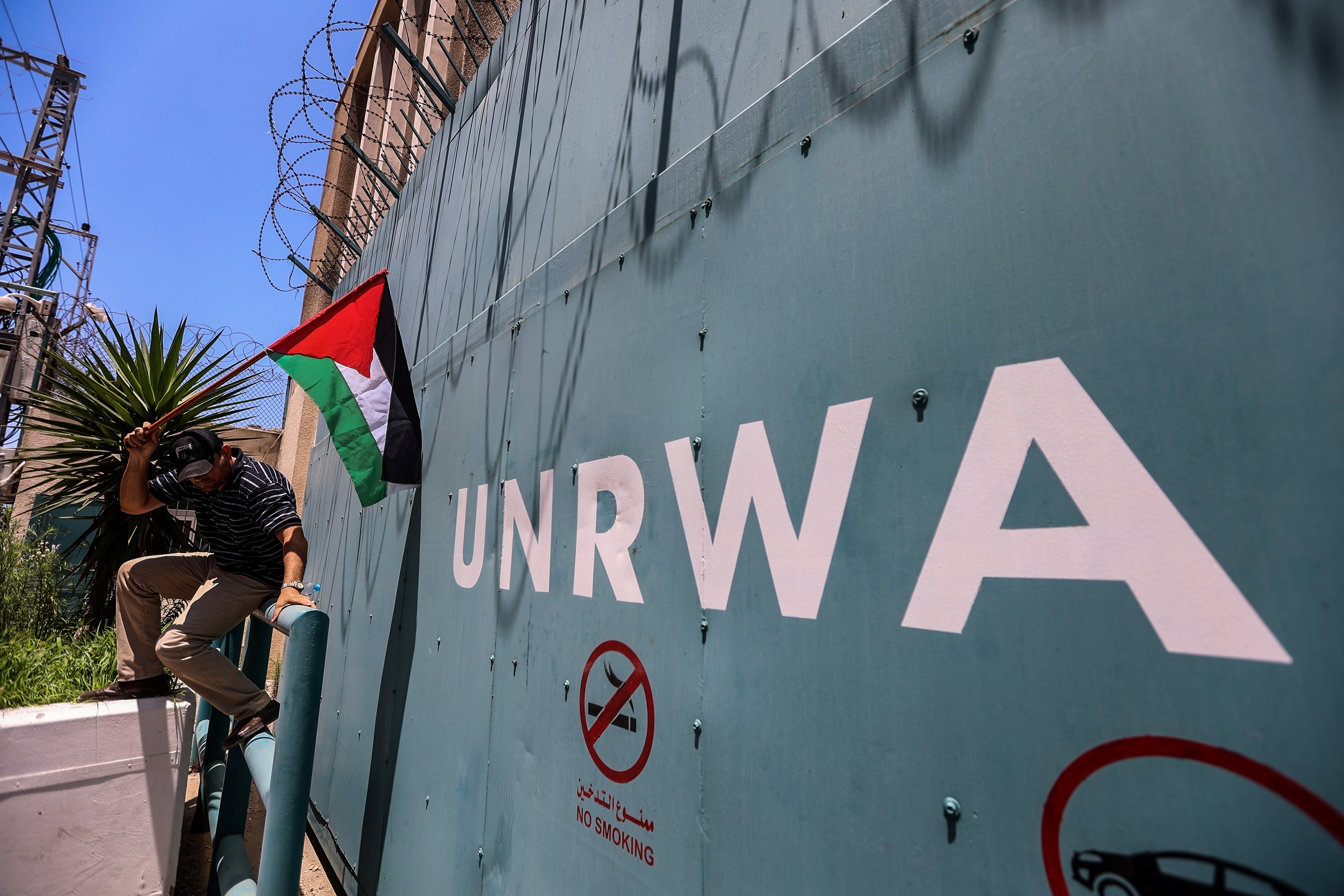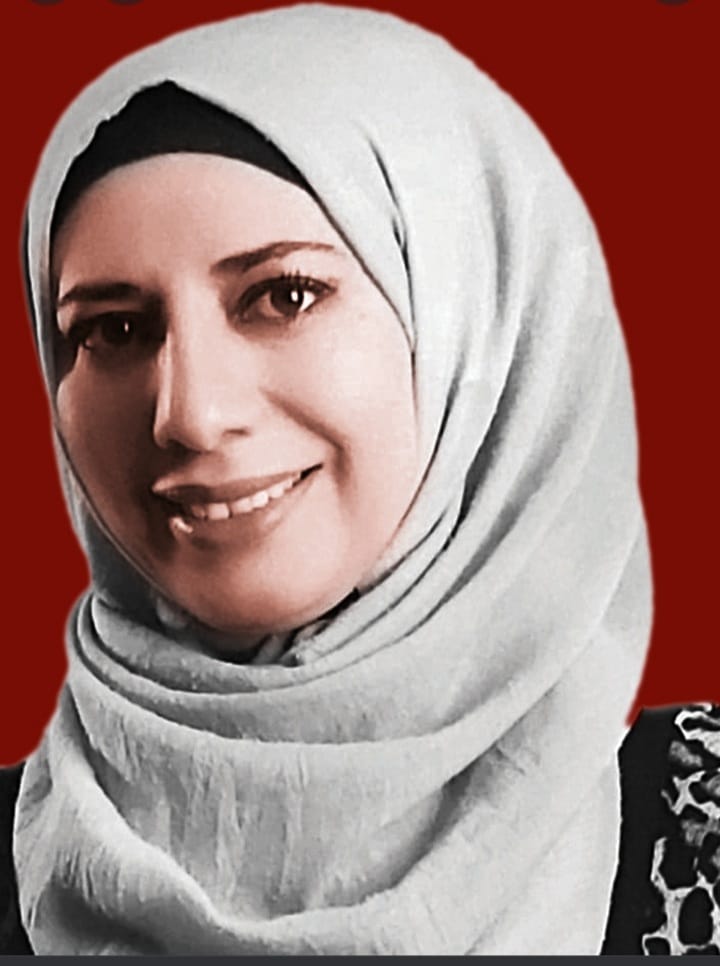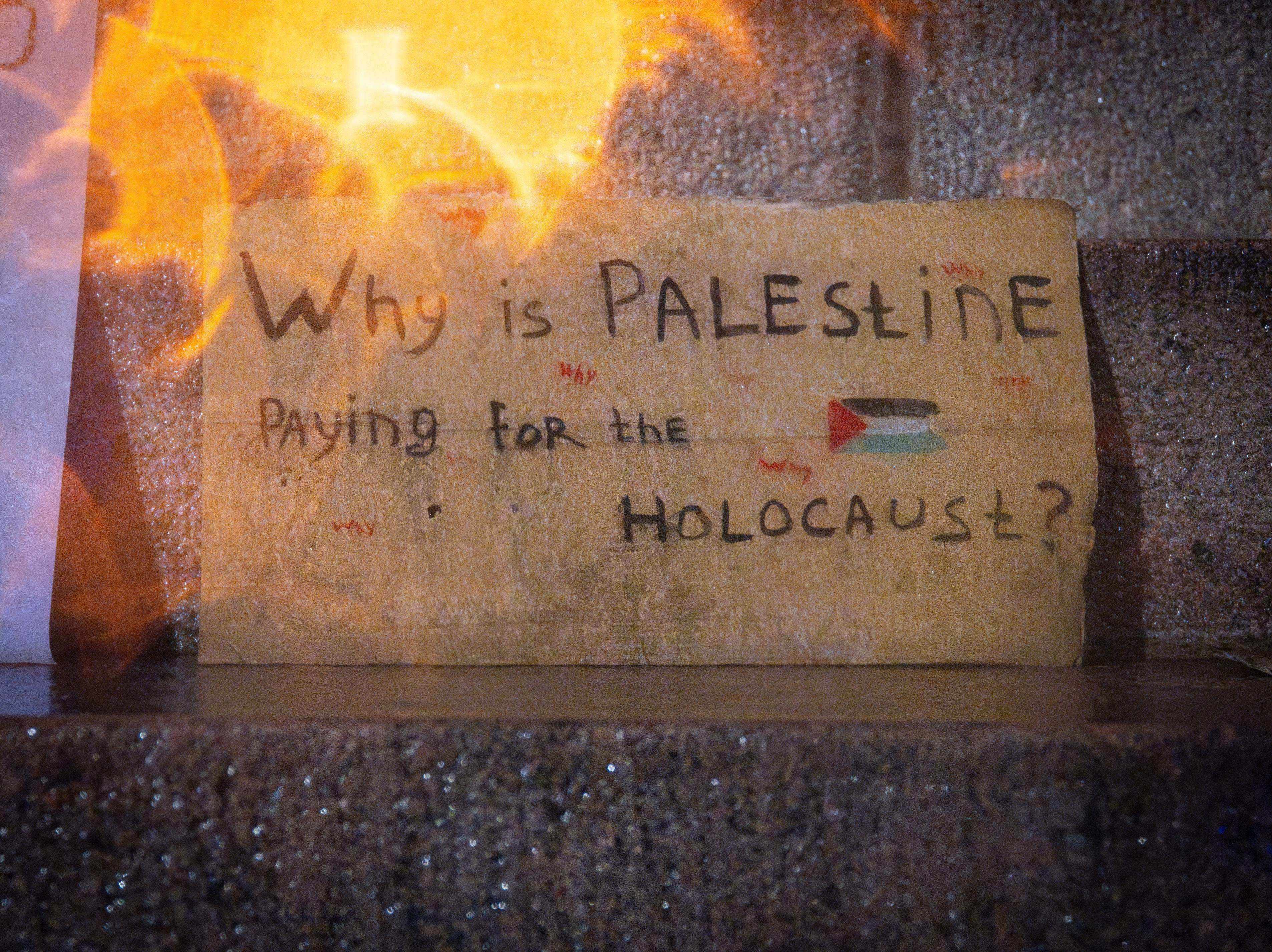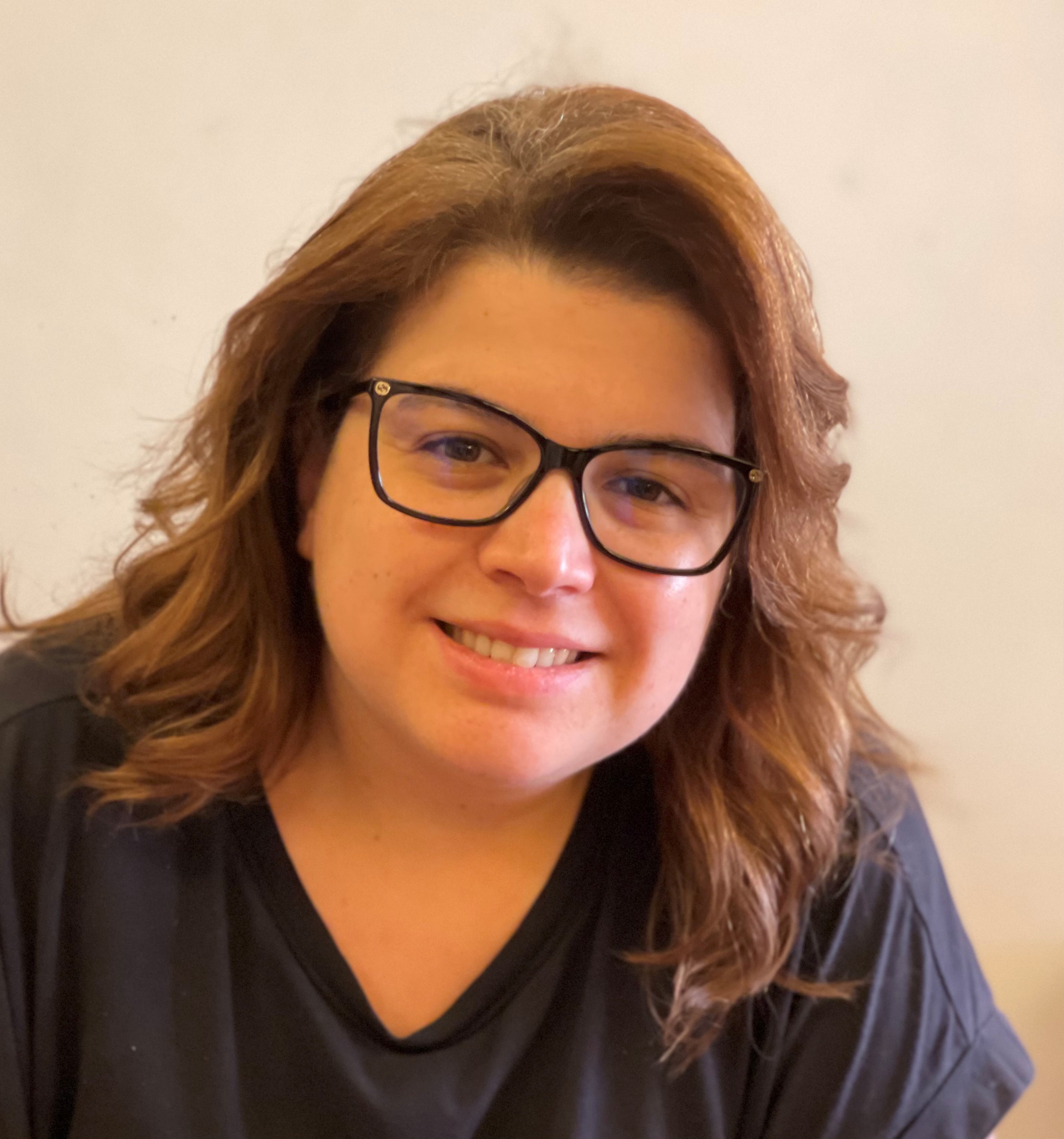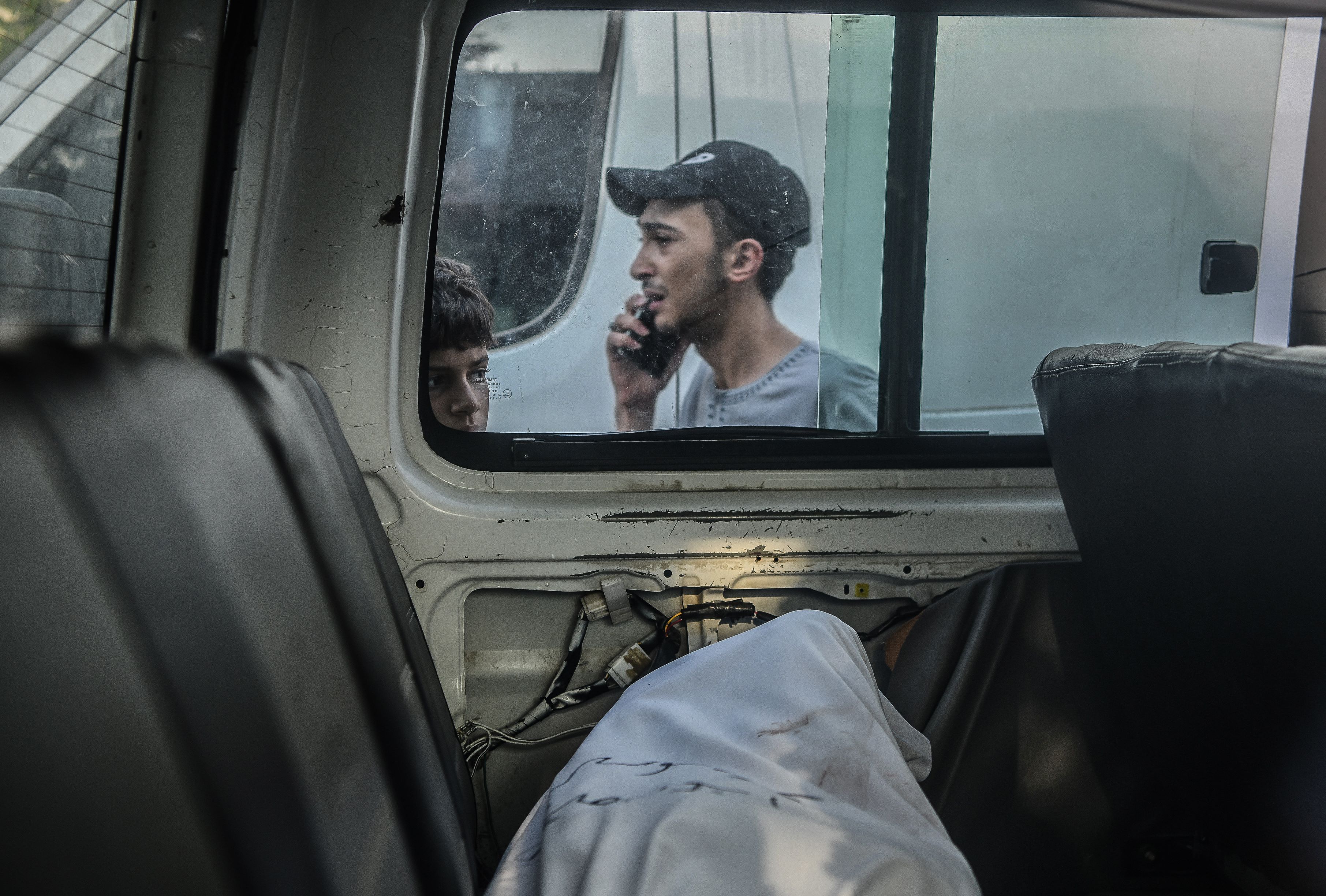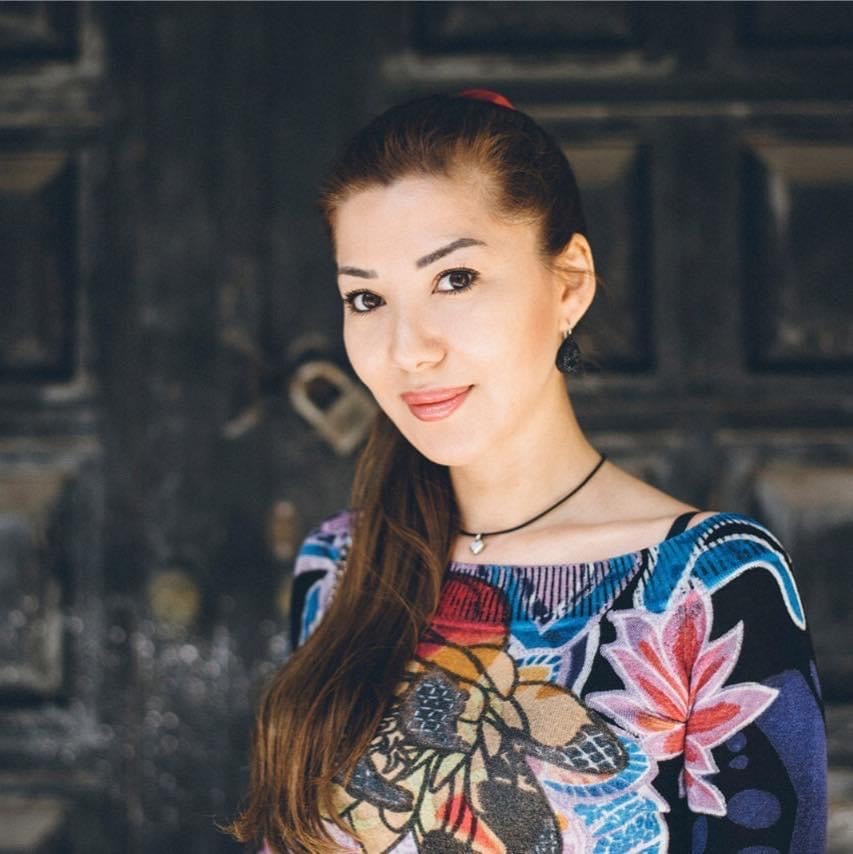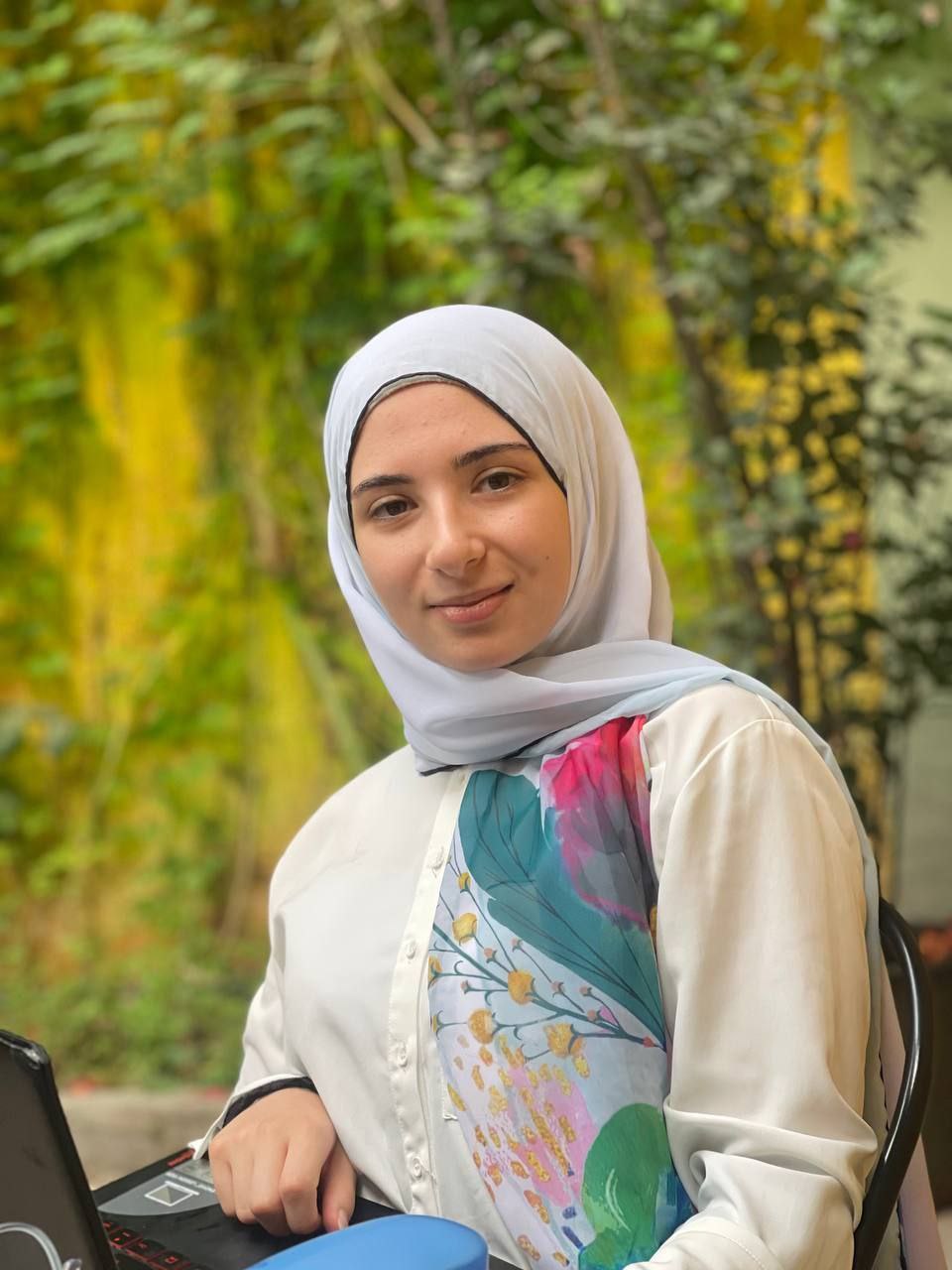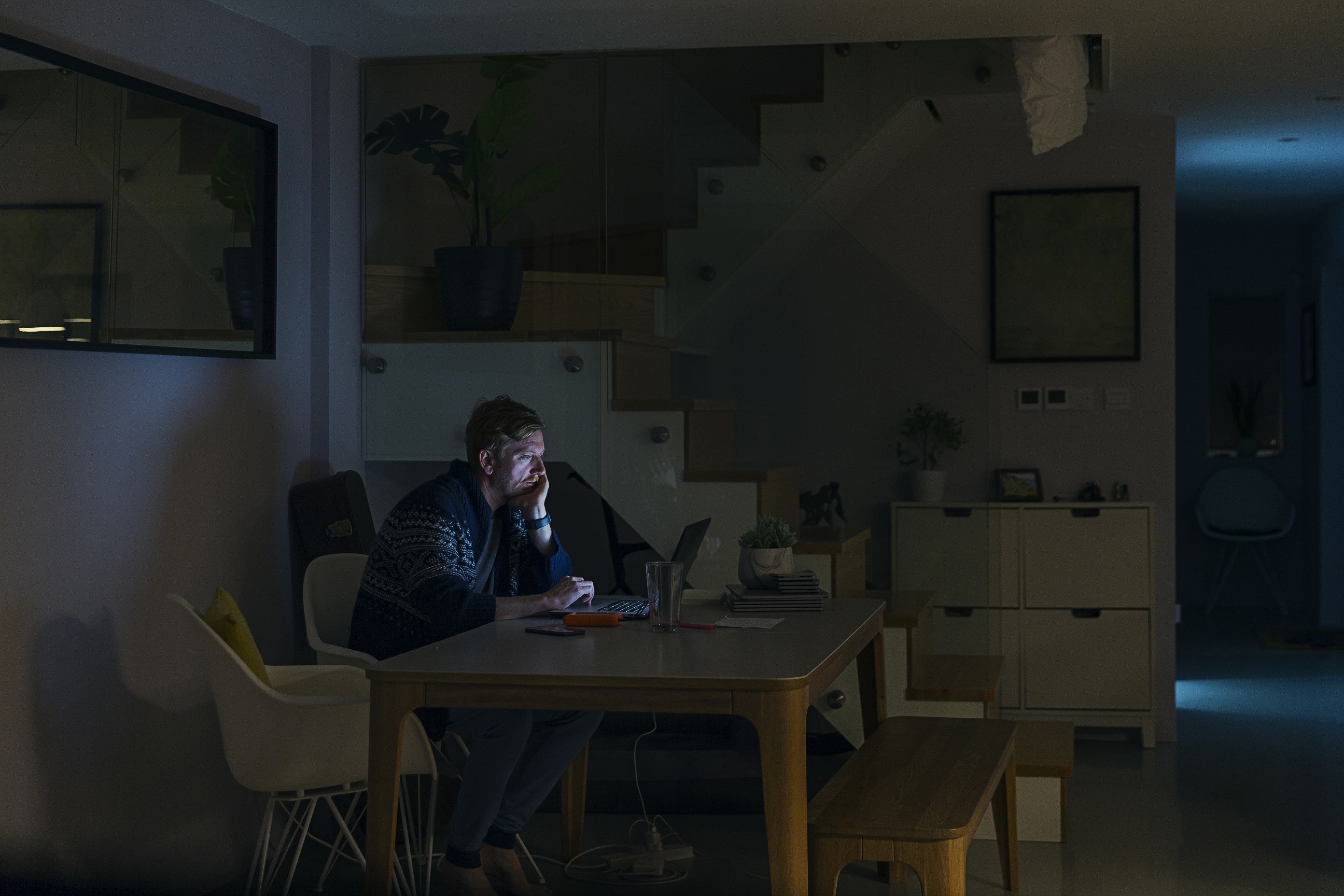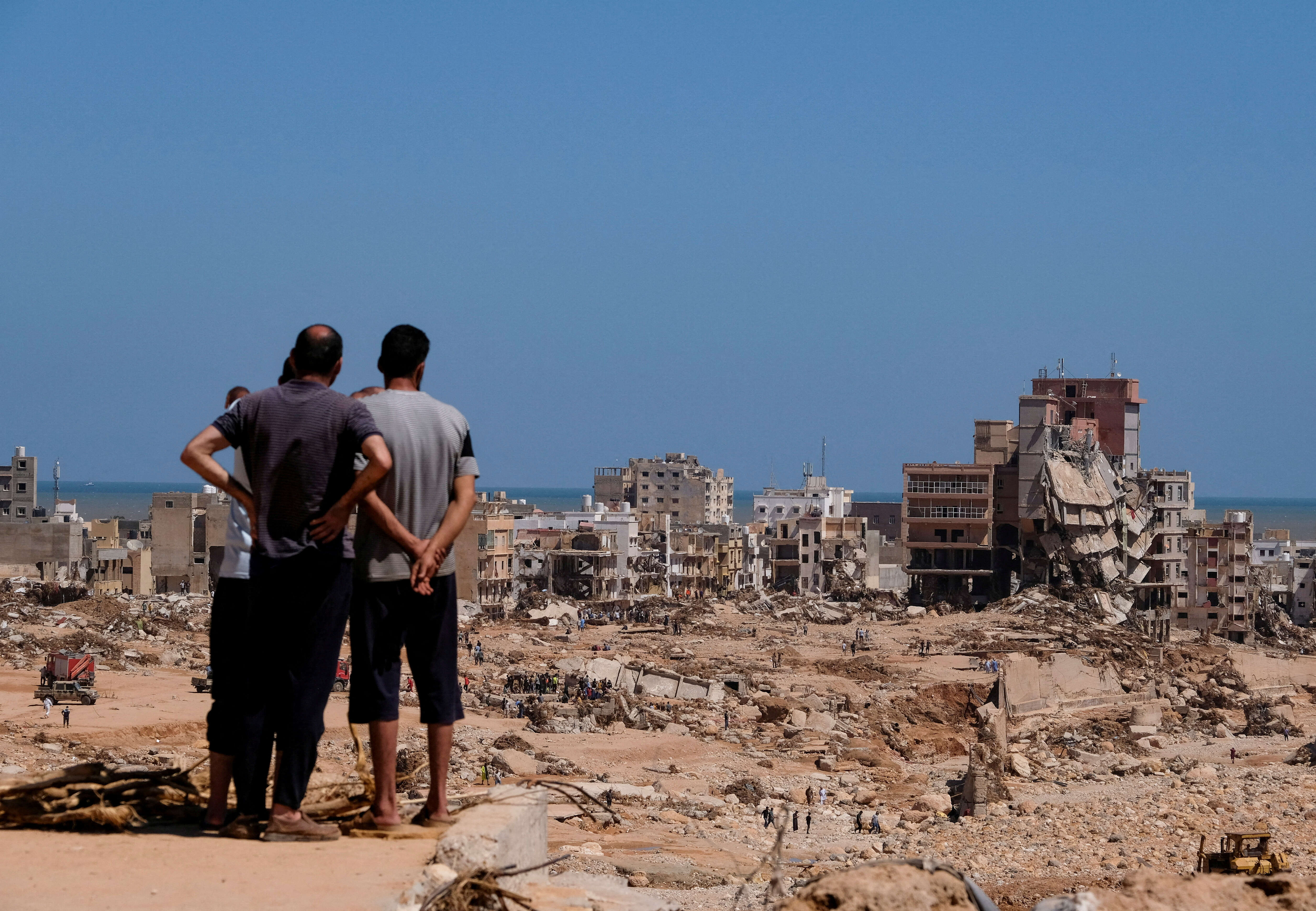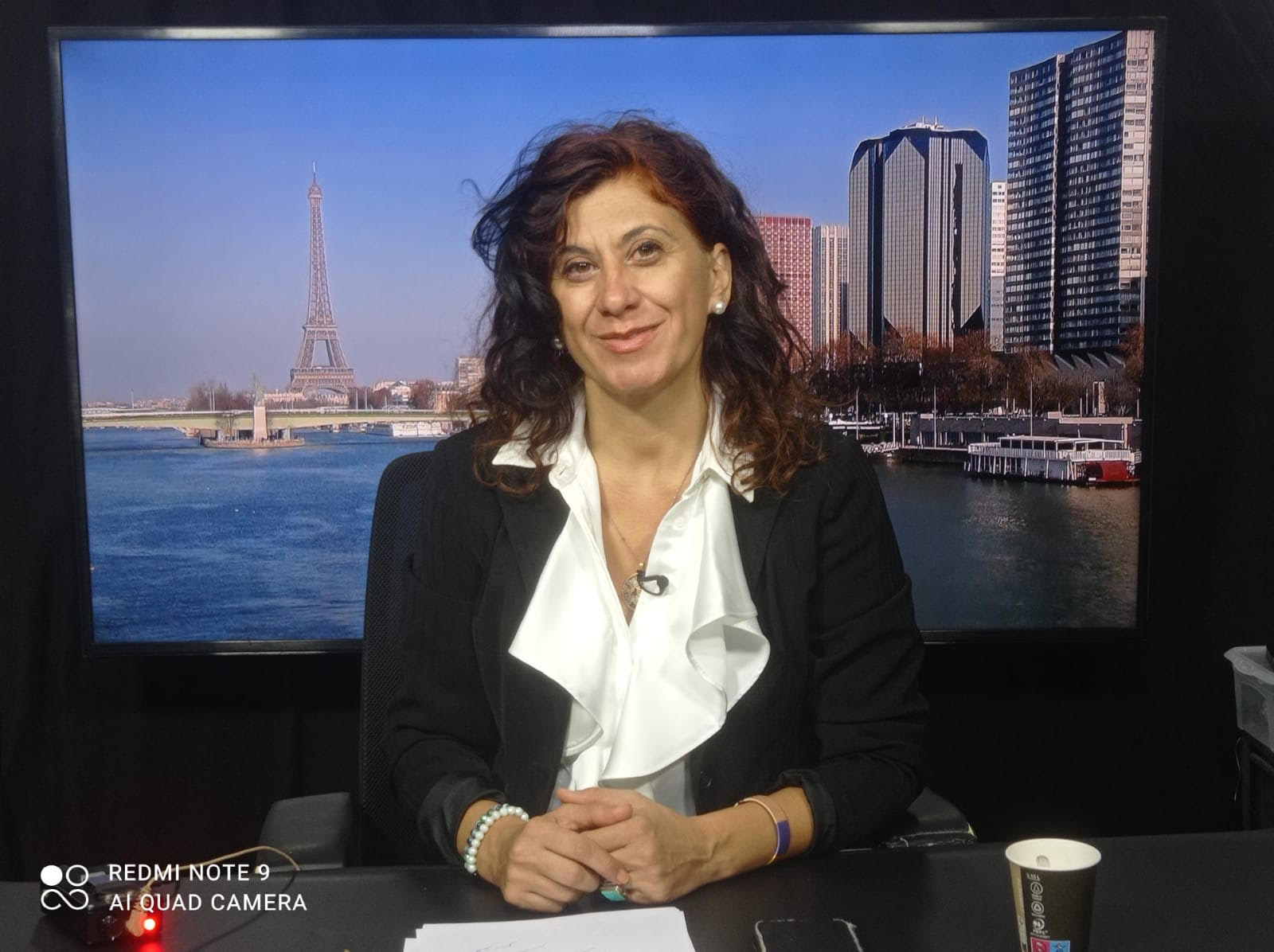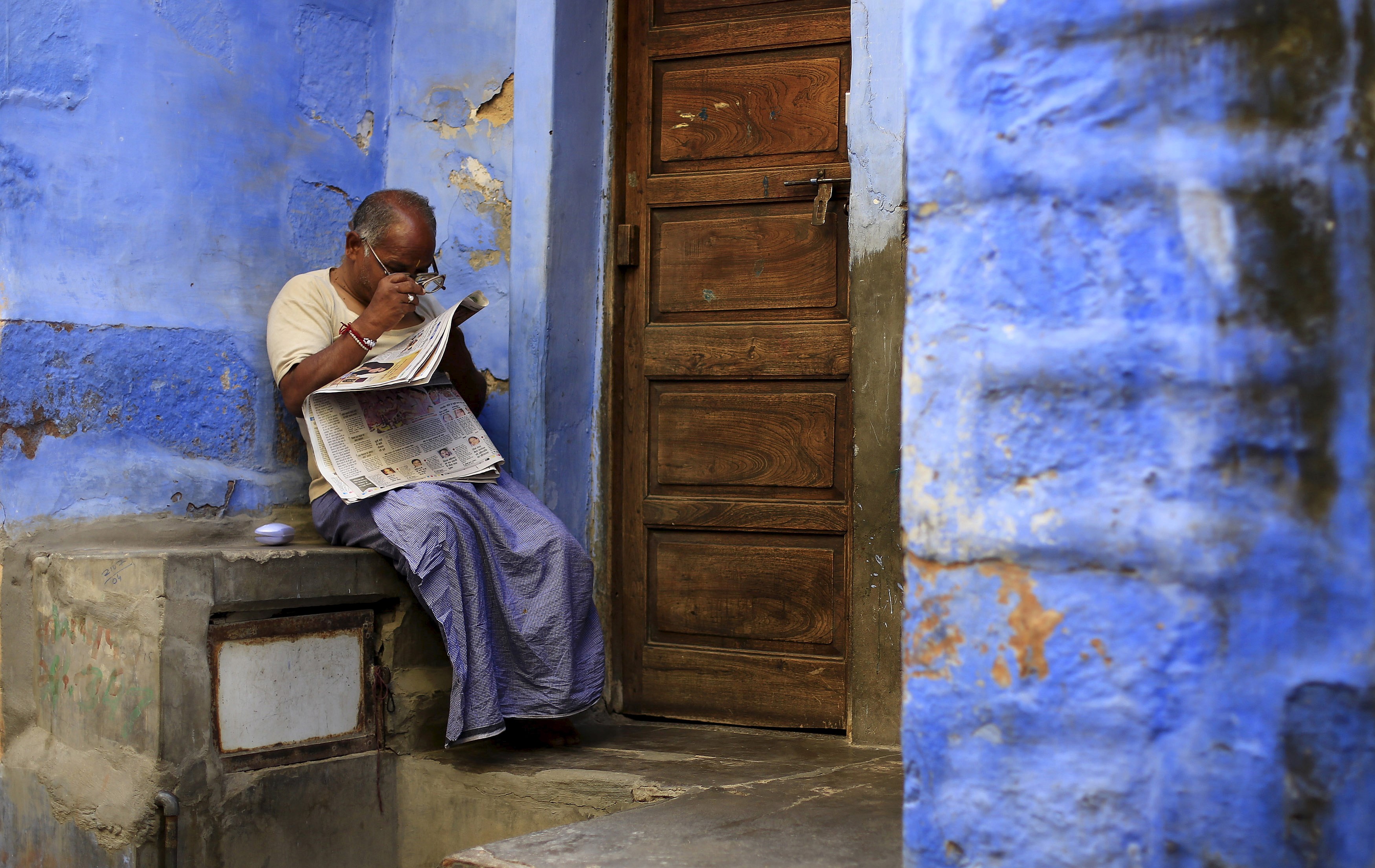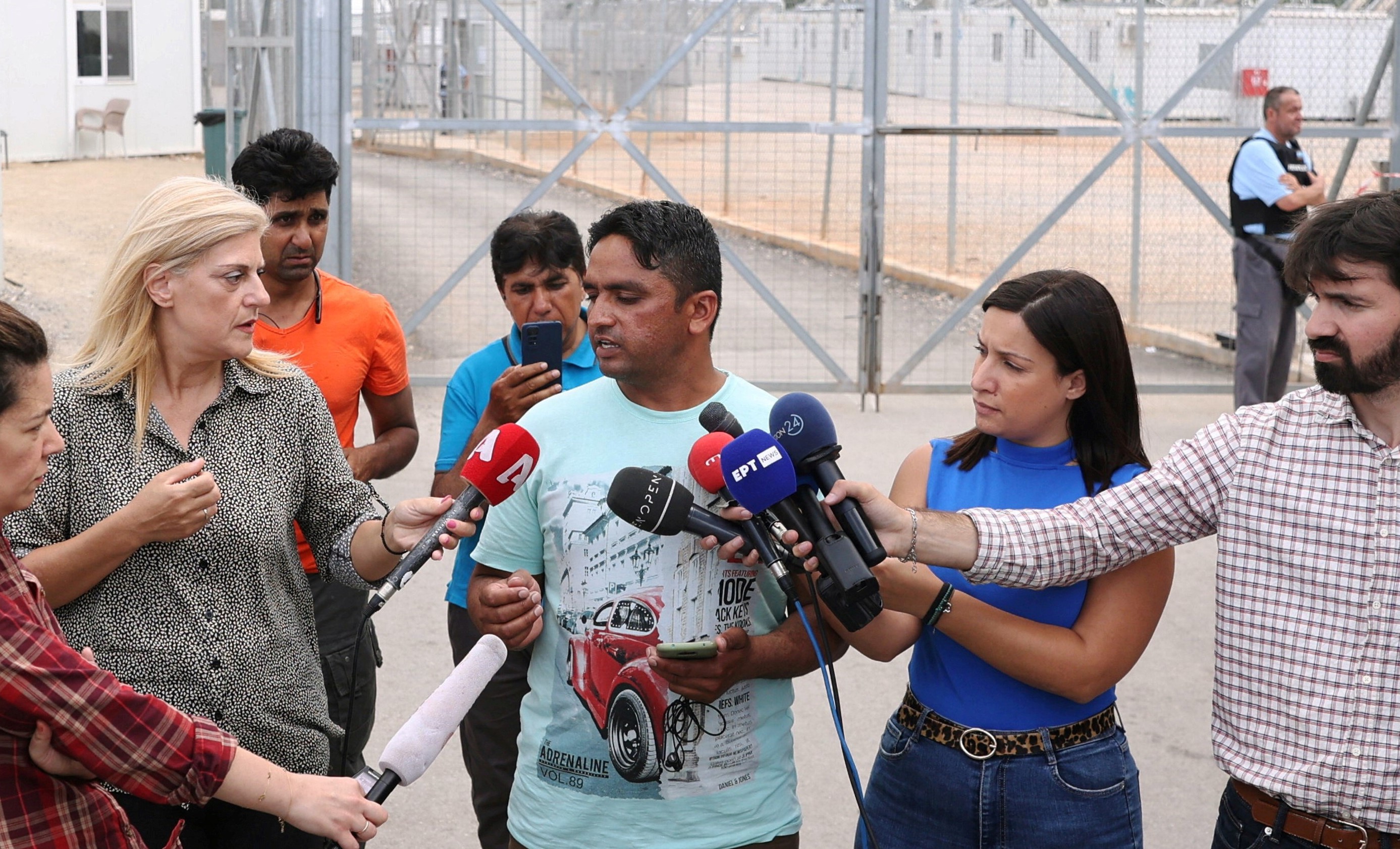Community radio has begun to flourish in Zimbabwe in recent years. But for stations to truly support the communities they serve, it is imperative that they are transparent about who owns them
Community radio has become an essential part of the media landscape in many African countries and continues to play an important part in the development of remote and marginalised communities by reaching people with otherwise little or no access to information.
According to a report by UNESCO, the ability to communicate in local languages, spoken by the community, makes community radio “an efficient tool for educating and informing villagers about such critical issues such as health and sustainable development.” It further helps promote and preserve oral traditions, cultures and languages.
In Zimbabwe, the influence of radio cannot be underestimated. Nearly six in 10 Zimbabweans rely on radio as their main source of news, a 2020 report by Afro Barometer has shown. However, in Zimbabwe it has taken years to get functional community stations up and running. This has been largely a result of the state-controlled monopoly of the media.
During the war of liberation, from 1965 to 1980, the national airwaves were controlled by the colonial state, however, guerilla broadcasters were later established inside other independent states to support the fight for independence. The tradition whereby rulers actively used the media to exert control over the minds and actions of the masses continued into 1980 by the newly independent Zimbabwe, when it turned the former Rhodesian Broadcasting Corporation (RBC) into the Zimbabwe Broadcasting corporation (ZBC) in 1980.
Writing for the Conservation on the use of radio as a weapon of the liberation struggles in southern Africa, including Zimbabwe, Martha Evans, a Senior Lecturer in Media Studies at the University of Cape Town, says: “Radio, known for decades as ‘Africa’s medium’, has many magical qualities. It’s an intimate medium with the ability to transcend borders. It chimes with Africa’s strong oral culture and it is ephemeral - it lives in the present moment. Because of this, radio served as a powerful tool in the liberation struggle in southern Africa.”
For decades following 1980, the operation of radio stations remained the sole remit of the state in Zimbabwe through the Zimbabwe Broadcasting Corporation (ZBC). With a defined, funded and strict gate-keeping state broadcasting monopoly, independent players were shut out and only began to appear in the picture in 2012, some 32 years after independence, when StarFM went on air in 2012.
The information gap created by lack of access to radio can be life threatening to rural communities, where nearly two-thirds of the population live
The move to offer independent licences, according to reports, was necessitated by calls to reform the airwaves during the power sharing government, after the 2008 disputed elections. However, the first recipients were either linked to the state or the ruling party.
Although the arrival of independent players was welcome, in essence, stringent licence requirements have largely sidelined them. Therefore, many have found themselves forced to operate as “pirate” radio stations instead. The nation wanted and was seeking opposing views different from state-influenced content, but still, the state would not change its rules. After independence, the state monopoly continued for two decades, without any interruption.
While Zimbabwe was lagging behind in the establishment of independent radio stations, South Africa, which gained post-apartheid independence in 1994 - years after Zimbabwe - was doing better. Over the years, several talented radio personalities relocated to South Africa seeking greener pastures. At the last count, South Africa had 40 commercial and public broadcast stations and 284 community stations.
Meanwhile, Zimbabwe has 5 national radio stations, two of which are owned by independent broadcasters. There are also 10 licensed regional and provincial radio stations. To date, 14 community and 6 campus radio stations have been licensed, however, some of them have yet to start broadcasting.
Invasion of the pirates
The failure to allow independent broadcasters, and public desire for a fresh voice, has directly given rise to pirate radio stations, which mostly seek to counter state propaganda.
In 2000, two people dared to challenge the status quo. Mike Auret and Gerry Jackson set up a radio station at a Harare hotel, without a licence, defying the requirements of the Robert Mugabe government, to become one of the earliest pirate radios in the country.
However, their defiance was short-lived. On October 5, 2000, police descended on the Capitol Radio studio in Harare and seized its radio equipment. To justify the seizure, the then Minister of information, Jonathan Moyo, said: “It is not so much that Capitol did not have a licence but that it allocated itself a broadcasting frequency. That is lawlessness at its peak.”
During the press conference, Moyo added that Capitol Radio was free to apply for a licence. High licensing and application fees, unclear criteria in choosing broadcasters by the Broadcasting Authority of Zimbabwe (BAZ) has historically sidelined many applicants, however. In some instances, undeserving applicants who had no capacity got licences. Despite some progress, there were calls by the Media Institute of Southern Africa (MISA) for the “genuine liberalisation of the broadcasting services sector”. For the record, Capitol Radio never even made it onto the air. However, the seeds of rebellion had been planted.
Without radio, vital information about impending natural disasters, disease outbreaks and voter education cannot be easily communicated in remote villages
Three years later, in 2003, Voice of America (VOA) launched Studio 7, broadcasting in English, Shona and Ndebele, two of Zimbabwe’s prominent vernacular languages. In no time, Studio 7 had found loyal fans, one of them in Phanuel Chitima (not his real name), who says he has religiously listened to the station for years. From the onset, the state has labelled Studio 7 a ‘hostile broadcaster’ and it is not licensed under Zimbabwean laws to broadcast in the country. However, it has avoided being shut down by beaming via a shortwave frequency from the United States, 13,000 away.
Although he listens to state radio as well - usually for football matches and other programmes - Studio 7 is the only station that offers Chitima different views - something he says he can’t get from the state-approved stations. “I listen to Studio 7 because it is the only station that offers a voice to opposition members, who are often sidelined by the state broadcasters,” says Chitima. Other Zimbabweans are also opting for Studio 7 for more balanced coverage, instead of the state broadcaster.
Poor communications, stringent control over broadcasting licences and electrical infrastructure are partly what is driving the rise of pirate radio stations such as Studio 7, which can reach more remote areas in the country. The information gap created by lack of access to radio can be life threatening to rural communities, where nearly two thirds of the population live. Without radio, vital information about impending natural disasters, disease outbreaks and voter education can not be easily communicated in remote villages.
New commercial stations - but are they really independent?
The first commercial radio station, StarFM went on air in 2012, ending a 32-year broadcasting monopoly by the state. ZiFM became the second one in August, the same year. However, the two stations came under fire for not being truly independent and for their reported links to the state broadcaster. StarFM is owned by Zimpapers, the state-owned newspaper stable, while ZiFM belonged to a ruling party member and former minister. To many, the two stations were an extension of the state broadcasters, judging by their content, which was hardly critical of the establishment.
Immediately, the new players raised fears that the stations might propagate state propaganda, becoming an extension of the state’s existing broadcasting monopoly. Another red flag is the content aired by the radio stations, which sometimes showed an influence from the state, meaning they are not independent. For instance, the first bulletin aired by StarFM “reflected headlines in recent days from the Herald’s stable of newspapers,” according to the Independent. The Herald is part of the state-owned Zimpapers stable.
Former Deputy Information Minister, Supa Mandiwanzira in 2013 labelled pirate radio stations “a nuisance that we must get rid of.” Nineteen years later, however, Studio 7 has managed to soldier on, despite the challenges and objections from the state.
It remains difficult to tell which stations are truly independent and which have links to the ruling elite
Manndiwanzira admitted then, that limited access to the state broadcaster had caused people to listen to pirate radio stations. “In the majority of cases the majority of Zimbabaweans who listen to these pirate radio stations do so out of desperation because they are unable to get a signal of the Zimbabwe Broadcasting Corporation in the area they stay.”
Previously, there have been attempts to stifle Studio 7. In 2013, the BBC reported that the police were allegedly seizing “radios, capable of picking up FM, AM shortwave signals…” The radios had been distributed by an NGO. Again, when listeners sometimes fail to access the news programmes on Studio 7, the broadcaster believes the state is jamming their signals, but this has not been confirmed.
The need for community radio
Until 2020, Zimbabwe had no community radio, which is defined by a journal article published by the European Centre for Research Training and Development UK as “a broadcasting service not for profit, owned and controlled by a particular community under an association, trust or foundation”, despite the clear advantages that community radio has over other media elsewhere in Africa. Before that, the country had commercial radio only.
However, that year, the nation witnessed the licensing of the first community radio station. One core activity of community radio, according to Information Minister, Monica Mutsvangwa was to foster development in remote areas, and be responsible for providing vital information that could save lives, such as health information, early warning systems, develop local languages and traditional values.
To those living in remote areas, the arrival of community radio was long overdue. And the introduction of community radio is certainly a welcome move - if it is exercised correctly - and could reach remote areas across the country and transmit relevant information that will foster development.
So far, in Zimbabwe, 14 community radio licences have been issued. And according to UNESCO, in other countries, community radio has been successful in strengthening the use and continuation of local languages, folk tales and cultural heritage shared by the respective communities they serve.
Once again, however, it remains difficult to tell which stations are truly independent and which have links to the ruling elite. Lazarus Sauti, an independent media and conflict resolution researcher, says it can be tricky for listeners to know whether they are hearing independent journalism or just state propaganda when they listen to both pirate and state radio stations.
“When it comes to audience reception, the consumption and interpretation of information is influenced by various factors including their cultural background, educational levels, among other factors. So, depending on their background, the interpretation and understanding of the media text may differ.”
With the state having a major say and play in the awarding of radio station licences, how can the independence of community radio be achieved?
As with commercial stations, it is unclear how “partisan” the issue of licences really is. Where community stations are owned by powerful players, we should be concerned that they might just trot out state propaganda, becoming an extension of the state’s existing broadcasting monopoly.
Another red flag is the content aired by community radio stations, which sometimes shows an influence from the state, meaning they are not entirely independent. For instance, MISA observed that the issuance of community radio licences was “not genuine”. The government, therefore, seems to be keen on taking the route of decentralising the Zimbabwe Broadcasting Corporation (ZBC) through establishing community radio.
Again, partisan ownership of community radio stations raises the prospect that journalists working for these stations will self-censor on certain topics, especially those deemed critical to the establishment, spiking or watering down stories that might not be regarded favourably by the ruling elite.
With the forthcoming 2023 general election, political parties and listeners want fair coverage, but it might not be possible unless the ownership status of radio stations is more clearly regulated. Historically, those with differing views have been sidelined in the media. The issue of viability and resources also comes into play. Despite the green light to operate, some community radio stations are yet to start operating, citing resource challenges. Their failure gives rise to the idea that they are giving licences at the expense of others who could afford to operate. This accusation has been around since 2012, when two independent broadcasters, both linked to the state and willing to toe the line, came on air.
During a recent public lecture in Harare, titled “Community radio in the digital age”, Sauti argued that “community radios should embrace digital media platforms in the production and consumption of opinions, ideas, and information”.
The importance of true independence in community radio
Community radio stations, he said, play a crucial role in disaster risk reduction, especially in pre-disaster preparedness and mitigation through awareness-raising that targets specific, at-risk community groups.
Sauti added: “They should use technology to document Indigenous Knowledge Systems (IKSs) because they are the custodians of our cultures. Just like other memory institutions (libraries, community information centres, museums and archives), community radio should be at the centre of information provisions.”
The power of local radio is well documented in Africa: The 1994 genocide in Rwanda, during which at least 800,000 ethnic Tutsis and moderate Hutus were killed, was fuelled by propaganda broadcast by Radio Television Libre des Collines (RTLM) calling victims “cockroaches”, and leading to their brutal massacre.
The government and advertisers should have no place in community radio stations. Members of respective communities should pull resources together and develop the community radio stations and use these outlets to promote cultural values relevant to the community
Lazarus Sauti, independent media and conflict resolution researcher
This shows how much community leaders in areas where community radio stations operate are respected by their communities. Community leaders’ voices, therefore, can be used to propagate peace, or cause mayhem. But when the funding status of community radio stations is unclear, this can be easily manipulated - as in the case of the Rwanda genocide. Felicien Kabuga, a co-founder and funder of RTLM was one of the wealthiest men in Rwanda then.
There are other reasons that it is so important for our community radio stations to be truly independent.
According to Sauti: “Independent, non-hierarchical, non-commercial and non-professional radio stations provide critical opinions, ideas and information to members of the society. They promote community-ness, human-ness, and a sense of togetherness (we-feeling). This, therefore, demands community radio stations that are free from government and corporate control.”
A need for non-interference
With the state having a major say and play in the awarding of radio station licences, how can the independence of community radio be achieved?
“The government and the business community use the media to push their ideological and hegemonic narratives,” says Sauti. “What it means is that the government as well as advertisers should have no place in community radio stations. Members of respective communities should pull resources together and develop the community radio stations and use these outlets to promote cultural values relevant to the community.
“These stations should not hire professionals who can use these radio stations to push their agendas. Another important factor is the sociology of news coverage. Community journalists should not frame community news using western values. They should come up with their specific news reporting frames that speak to the needs of people within the community.”
Until the outstanding issues pertaining to licensing are resolved and ownership becomes truly independent, the provision and operation of community radio stations remains a pipe dream for Zimbabwean communities
The Zimbabwe Association of Community Radio Stations (ZACRAS) is advocating for fair ownership in the country. Among its main queries are requirements for transparency about the shareholding structure of radio stations, and the disclosure of any political party affiliation. ZACRAS is also concerned about the narrow definition of a “community” as prescribed by the community radio regulations, as it only focuses on geography and not other factors.
Until the outstanding issues pertaining to licensing are resolved and ownership is not interfered with and becomes truly independent, the provision and operation of community radio stations remains a pipe dream for Zimbabwean communities. While it has taken South Africa a short time to establish more community radio stations, Zimbabwe has taken three decades to do the same, revealing an unwillingness to free the airwaves and maintain the status quo to benefit a few.
Meanwhile, legislators must continue to call for free and accommodative broadcasting laws that will truly reflect the aspirations and plurality of the population. The current Broadcasting Services Act (BSA) of 2001 needs to be looked into to include some of these concerns.

